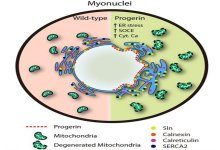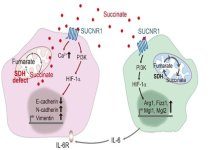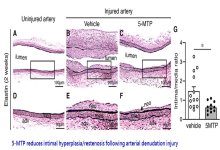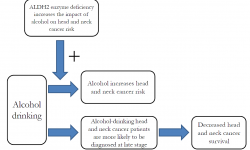NHRI researchers develop a risk prediction model for lung cancer in never-smoking females in Asia
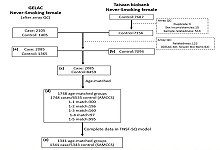
Lung cancer in never-smokers (LCINS) ranks as the seventh most common cause of cancer-related death worldwide. The National Lung Screening Trial (NLST) showed screening for lung cancer using low-dose computed tomography (LDCT) reduced lung cancer mortality rate for 20% in high-risk individuals in the United States. The mortality reduction success…

